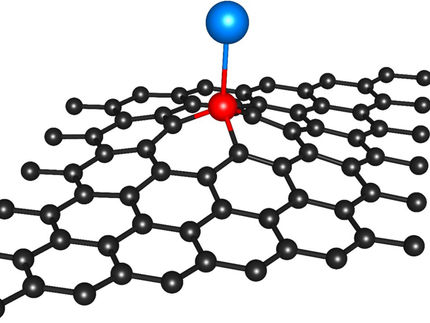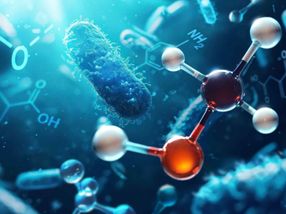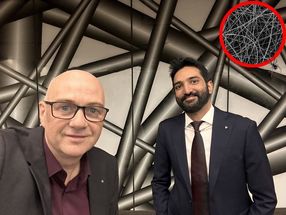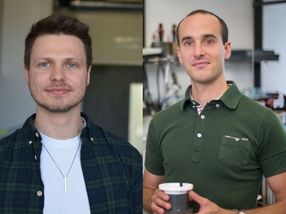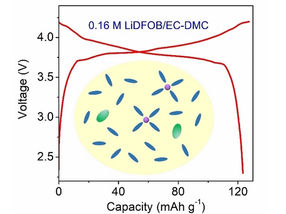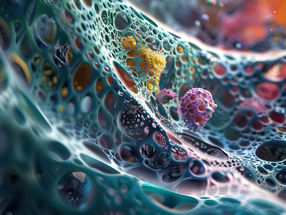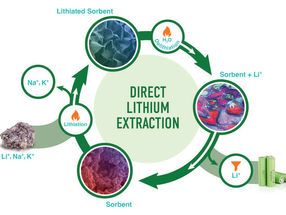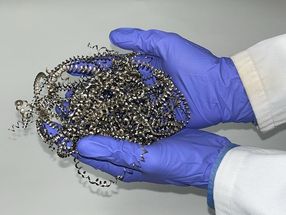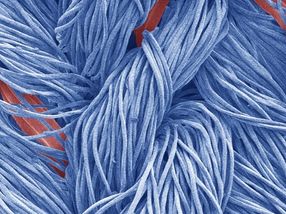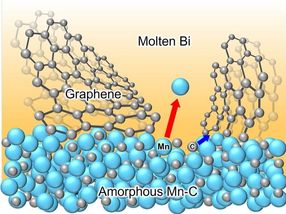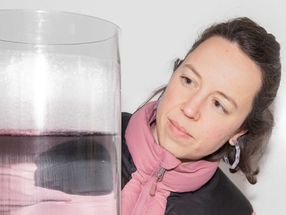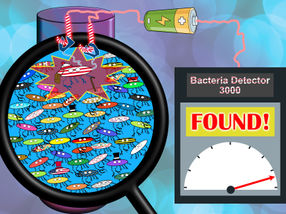Royal Society of Chemistry comment on the 2013 Nobel Prize in Chemistry
The 2013 Nobel prize in Chemistry has been awarded to Martin Karplus, Michael Levitt and Arieh Warshel “for the development of multiscale models for complex chemical systems.”
Professor Dominic Tildesley, President-Elect of the Royal Society of Chemistry, and a world-leading expert in large-scale computational modelling and experimentation said: “This is truly wonderful news. The field of computational modelling has revolutionised how we design new medicines, by allowing us to accurately predict the behaviour of proteins.
“The technology developed by Karplus, Levitt and Warshel has driven an enormous change in chemistry over the last 40 years, by correlating the atomic structure of proteins in solution with their biological properties.
“Beginning with a picture of atoms, this area of science uses computer experiments to understand the structure of proteins and how they interact with other molecules and the environment around them. It combines the quantum mechanics of making and breaking bonds with the classical mechanics of the movement of proteins. This is really important for the development of new drugs – we can now make very accurate predictions about how a small molecule will approach and bind to enzymes, the biological catalysts in our bodies.
“With computer modelling, we are working with a third paradigm in science. The traditional combination of performing experiments with approximate theory has been joined by a third partner that enables us to perform ‘exact’ calculations on complicated, many-body systems. This combination of experimentation and computer modelling enables us to construct statistical relationships (structure-property relationships) which we can turn around and use to make predictions on novel medical interventions and new materials.”
Most read news
Topics
Organizations
Other news from the department science

Get the chemical industry in your inbox
From now on, don't miss a thing: Our newsletter for the chemical industry, analytics, lab technology and process engineering brings you up to date every Tuesday and Thursday. The latest industry news, product highlights and innovations - compact and easy to understand in your inbox. Researched by us so you don't have to.
